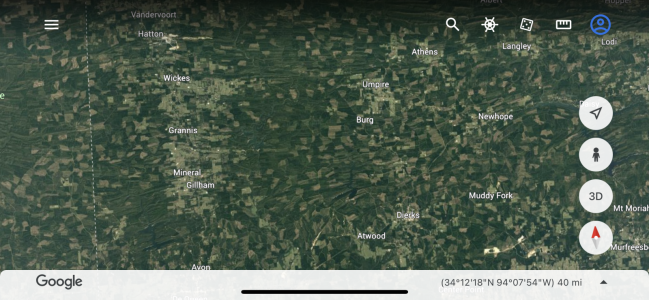Wind Gypsy
5 year old buck +
What you have just described is yet another government agency we clearly don’t need at all
The state wildlife agencies?
What you have just described is yet another government agency we clearly don’t need at all
The husband of the Colorado governor (that’s right) was very influential in the wolf deal. He is a big anti hunting nut job.It's bad enough when legislatures are making hunting/fishing laws based on which lobbyists scratch their backs.. Ideally the people making decisions for your wildlife agency would have the interest of the resource at heart rather than politics.
I’m 100% certain my life would be better with no alphabet soup agencies of any kind.The state wildlife agencies?
I’m 100% certain my life would be better with no alphabet soup agencies of any kind.
Are you insinuating? It’s too much to ask for elected officials to do their jobs.
I see both sides of the baiting argument. My conclusion is that sometimes it's fine, but under some circumstances it's not appropriate. If I was making the rules, it would generally be allowed in agriculture, urban, and suburban landscapes. But I would set aside some large wilderness areas where baiting and feeding wildlife of any kind was forbidden. I think this is a good solution that would offer a variety of opportunities for all types of hunters while excluding as few as possible.
I would ban all use of dogs for hunting deer, as I don't think it's ethical. Tracking dead or wounded deer with a dog on a leash would be allowed and encouraged.
If we are decided ethics then bait should be off the table just as running dogs
In our state, where baiting is a way of life, baiting is not allowed on public lands. No USFS, not on USFWS, or USCEC, or state owned. A lot of land is closed to baiting - Just as half the state is closed to deer dogging.
Just curious - do you find rabbit, bear, or pheasant hunting with dogs ethical?

It's a funny thing defining what is ethical and what isn't. Personally i'm not a fan of dogging and baiting deer and can take a stance against it without bringing the E word into it.
I don't think legalizing baiting would do much to help the population in N. MN because hardly anybody would feed outside hunting season. There's also the issue of concentrating deer to get hammered by wolves and having deer get habituated to bait to where they struggle to get by if that bait source disappears.
I haven't seen any convincing evidence that baiting could be considered unethical from an objective point of view.
Releasing dogs to chase after deer causes unnecessary distress to the animals, and is therefor unethical. This is before you consider the ethical questions of having dogs running across private property against the wishes of the property owners.
